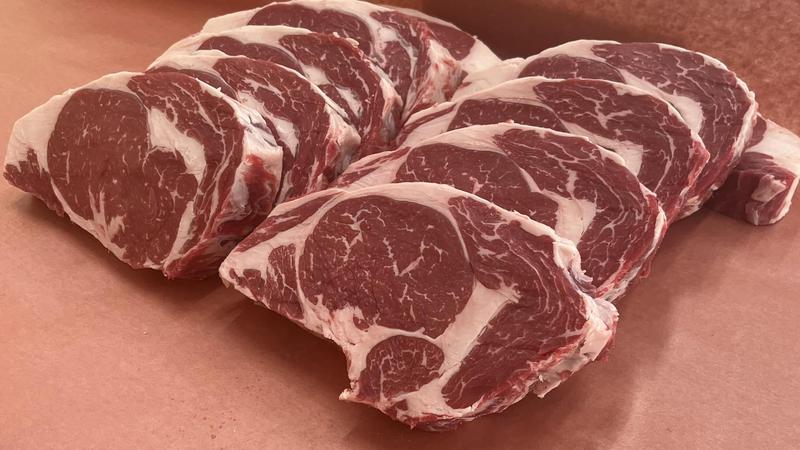
Rabbis: ‘Not kosher’ to buy at grocery store during strike
BOSTON — As thousands of Stop & Shop workers remain on strike in New England, some Jewish families are preparing for Passover without the region’s largest supermarket chain, which has deep roots in the local Jewish community.
A number of rabbis in Massachusetts, Connecticut and Rhode Island have been advising their congregations not to cross picket lines to buy Jewish holiday essentials at the store that one analyst says has the highest sales of kosher products among New England grocery stores. More than 30,000 Stop & Shop workers walked off the job April 11 over what they say is an unfair contract offer, a claim the company disputes.
“The food that you’re buying is the product of oppressed labour and that’s not kosher,” said Rabbi Barbara Penzner, of Temple Hillel B’nai Torah, a reconstructionist synagogue in Boston. “Especially during Passover, when we’re celebrating freedom from slavery, that’s particularly egregious.”


